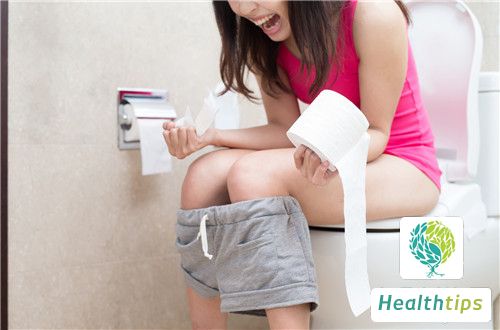In the field of proctology, hematochezia is a common symptom. Bleeding during defecation indicates problems in the human gastrointestinal tract or related to systemic diseases. Blood clots in feces must be taken seriously, and timely medical attention should be sought to identify the cause and carry out targeted treatment. The occurrence of hematochezia is mainly related to hemorrhoids, rectal polyps, colonic polyps, and intestinal tumors. Early examination can rule out malignant lesions and reduce harm to the human body.

What causes blood clots in feces? 1. Hemorrhoids, a common condition affecting many people, are prone to causing bleeding in feces, mainly bright red blood clots, without pain after defecation. 2. Large intestinal polyps or sigmoid colon polyps, if large, can easily lead to bleeding due to friction with feces. 3. Intestinal tumors, especially in older patients, should be excluded if there is intestinal bleeding and blood clots during defecation. Therefore, for patients with hematochezia, colonoscopy is the best choice for definitive diagnosis.
How to prevent bleeding during defecation? Bleeding during defecation can range from mild dripping to severe spraying. Here are some tips: 1. Keep feces loose and mushy. 2. Squatting, breath holding, and other actions can reduce abdominal pressure. Avoid prolonged sitting, standing, or overexertion. 3. Avoid spicy, greasy, and fibrous foods, as well as alcohol, tobacco, and coffee. 4. Eat more foods that can clear intestinal heat, nourish the body, facilitate bowel movements, and stop bleeding. 5. Maintain a positive and open mindset, avoiding anger and frustration, which can exacerbate the condition. Negative emotions can cause intestinal mucosa contraction and impede blood flow. 6. Reduce sexual activity. Excessive sexual activity can exacerbate intestinal mucosal congestion and bleeding.

